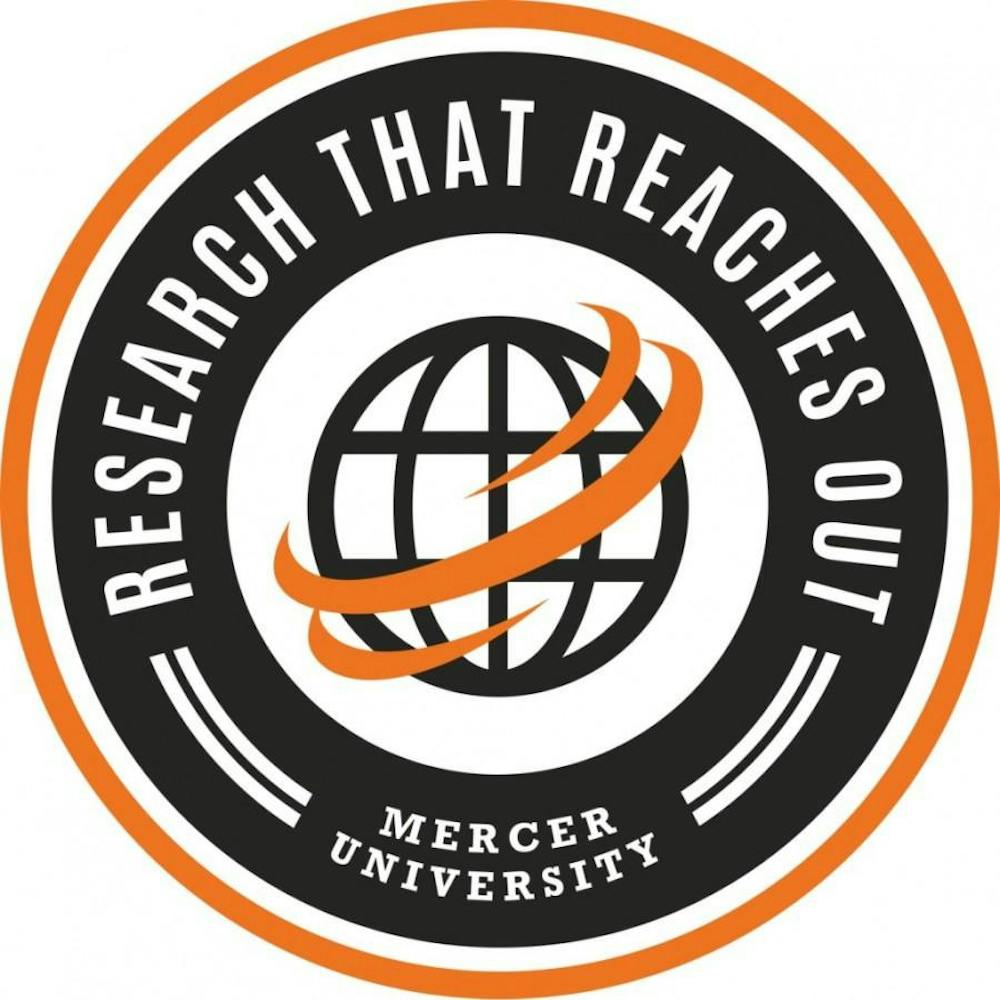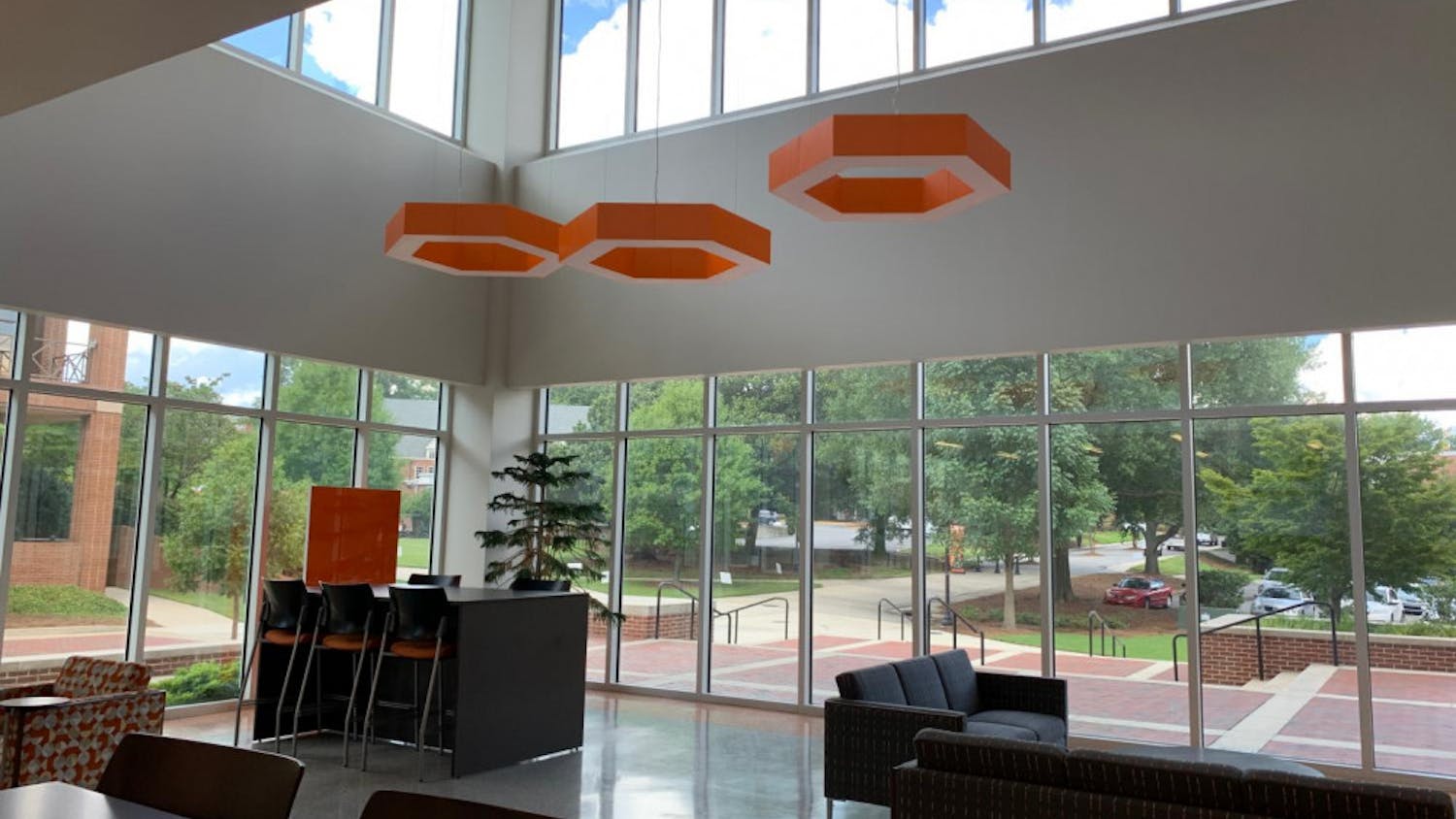During the summer of 2015, I had the opportunity to participate in a focus group as part of the Bank on Program (B.o.P) initiated by Financial Management Association (FMA). The project was funded by Mercer’s “Research that Reaches Out” program. The B.o.P is an initiative by finance faculty and SSBE students aimed at assessing the degree of financial inclusion and access to conventional financial services by low income households and neighborhoods in Macon. The focus group, which comprised fifteen households from the Village Green neighborhood, was provided a secure environment where members of the Macon community would feel open to share their opinions, challenges and experiences in personal financial planning and in accessing and using conventional financial services from local banks and credit unions. During focus group discussions, we asked a series of questions touching on issues such as access to financial services, use of alternative financial services, tax filing, refund anticipation loans, sources of short term and emergency loans, their views and experiences with banks and credit unions, financial literacy, spending priorities, inter alia. The information gathered could be used by FMA and local banks to understand how better to provide financial services, improve access to credit and alleviate poverty.
Two of the most revolving themes were the use of alternative financial services (AFS) and financial literacy. AFS are offered outside the traditional financial/banking institutions which most low-income households are dependent upon. In a worst-case scenario, some households may not have checking or savings accounts with any bank (unbanked). Some may have checking account but also continue to use AFS (under-banked). AFS institutions offer costly financial products such as refund anticipation loans (RAL), payday loans, car title loans, rent-to-own agreements, pawnshops and car title loans while financial services range from non-bank check cashing at gas stores, bill payments, money orders to money transfers.
The use of AFS has various implications: First, the use of AFS involves prohibitively high transaction costs. For example: A $1000 10-day RAL carries a fee of $57. That translates to an annual percentage rate (APR) of 208%. Most check cashing services fees are charged as a percentage of the total check, plus a fee. The fee alone can be as high as $20. Second, AFS loans are not report to credit reporting agencies. Therefore, low income households are unable secure cheaper loans and financial services from conventional banks. They cannot build credit history which could enable them to borrow at lower interest rates in future. Third, access to financial services is exacerbated by other factors such as transportation (where individual may have to use public means of transport), lack of computer and Internet to execute online transactions and low level of financial literacy. Many households were not aware that are financial services such as free tax preparation offered by Mercer University students though the Volunteer Income Tax Assistance (VITA) program instead of paying hundreds to thousands of dollars to faulty preparers to get a simple tax return prepared. They did not feel confident in the ability to understand the terms/conditions of obtaining a bank account or even a credit card. They never had the opportunity to sit in an informational that outlined the importance of long-term saving for the future.
Overall, the focus group was just a stepping-stone for gathering useful and necessary information, which can be used to design financial services and products customized to the needs of low-income households within the Macon community. This may also involve offering incentives to open bank accounts for the unbanked and circumvent the use of the costly AFS by low-income neighborhoods which only serves to perpetuate poverty. The mission of this effort and program is not only to help eradicate the personal financial planning challenges which are pervasive in the local community, but also to facilitate poverty alleviation, which has been a continuous problem in our world
If you would like to participate with this effort or any FMA activities, please contact the faculty advisor, Dr. Jeff Ngene, at ngene_gm@mercer.edu.
Research that reaches out: Bank on Program





